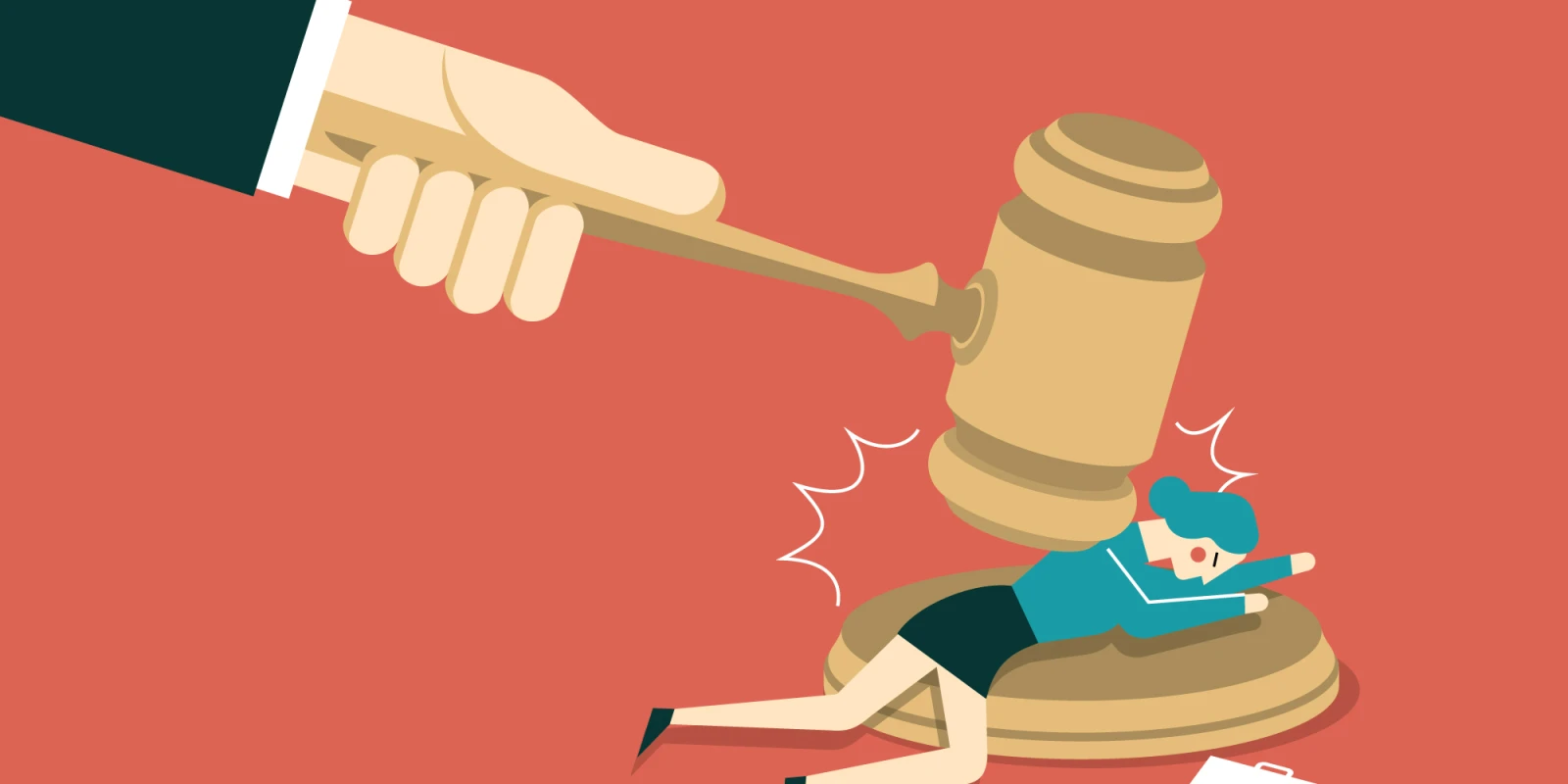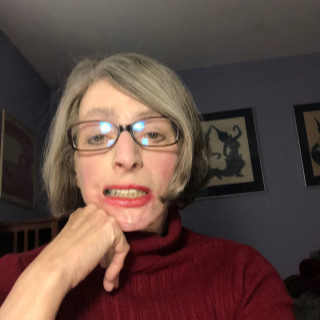
I have devoted my entire adult life to the medical profession. In more than 35 years of practice, I was never the subject of a malpractice suit, a formal complaint about my behavior or judgment, or a disciplinary action by a healthcare entity. However, about three years ago, I experienced a personal crisis that completely devastated me and I tried to cope by self-medicating with benzodiazepines and alcohol. With determination, intense therapy and the support of family and friends, I made a complete recovery. Nonetheless, shortly after I returned to work, the State Medical Board of Ohio launched an investigation into my personal circumstances and, one year later, it permanently revoked my license.
After writing about my experience on Doximity last year, I learned that the lives of dozens, if not hundreds, of other healthcare professionals have also been upended by state medical licensing boards (MLBs), their associated physicians health programs (PHPs) or by the improper actions of a peer review board for reasons unrelated to character or competence. While MLBs have the right to suspend or revoke the license of any physician who presents a danger to their patients, they also have the obligation to follow due process in their investigations and proportionality in their disciplinary actions, particularly in license revocation. (1) However, in far too many instances, they have been remiss to the point of malfeasance.
About 40 percent of physicians who are investigated and disciplined by their boards every year are alleged to have mental health, substance use, or conduct disorders that purportedly impair their ability to safely practice medicine. Some MLBs, PHPs, and their compliant consultants have searched physicians’ personal medical records and psychotherapy notes for supporting evidence or to find new allegations. For example, a history of postpartum depression in a postmenopausal physician was used as “evidence” of possible impairment due to mental illness. In another case, a physician whistle-blower was diagnosed by his PHP with a paranoid psychosis when, in fact, his previous employer was having him followed and harassed.
Because the DSM-V (unlike earlier iterations) considers substance abuse to be on an uninterrupted continuum from problematic use to physiologic addiction, MLBs and their affiliates can justify treating even lawful or casual use of scheduled drugs as evidence of addiction. In numerous instances, a single self-reported DWI or other alcohol-related incident has been used as “evidence” of alcoholism. Legitimately prescribed opioids for pain can devolve into “evidence” of addiction. Illegitimate diagnoses such as “secret addiction,” “provisional alcoholism,” and “rule out addiction” have been used to justify their conclusions. Sometimes seriously depressed, even suicidal, physicians have been intensively “treated” for addiction instead of psychological illness.
In virtually every case I’ve reviewed, a physician with a putative diagnosis of substance abuse, mental illness or conduct disorder, is reflexively presumed to be significantly “impaired in the ability to practice medicine according to prevailing standards without monitoring and/or treatment.” The required protocol for any given diagnosis is often significantly more intensive and prolonged for health care practitioners than it would be for the general public. Protocols often include a 90-day hospital stay followed by five years of intrusive monitoring, unnecessary psychiatric care and mandated 12-step participation. Failure to fully comply with these requirements, even a single missed drug test or AA meeting, may require the physician to resume the protocol from day one. Refusal or inability to comply with any stipulation, including payment, is tantamount to voluntary license surrender.
Ironically, the consequences of MLB investigative techniques and decisions — license restriction or loss, reputational damage, financial instability, public shaming, professional isolation and coerced treatment — can cause or exacerbate psychological or substance use problems. Like “gay conversion therapy,” in which homosexuality is labeled a disease and its treatment coerced at the pain of social ostracism and eternal damnation, the “treatment” mandated by MLBs can lead to suicide.
Medical licensing boards and their supporters assert that their mandate to protect the public from “bad doctors” requires them, out of an abundance of caution, to sacrifice some “good doctors” along the way. However, the majority of physicians I’ve encountered who’ve been severely disciplined by their boards have either been allegedly falsely accused or misdiagnosed or are capable of working safely and productively with conventional outpatient treatment and un-intrusive monitoring.
No matter our profession, we are all capable of great accomplishment and spectacular failure. Any professional who lacks the proper skills must be monitored and receive further training. Any professional who commits a crime must pay for that crime. Any professional who exhibits egregious or dangerous behavior must be held fully accountable to their board and the public. However, no one’s livelihood should be permanently destroyed by a temporary impairment or a treatable condition that can be easily accommodated. No one should be coerced into a 12-step program, unnecessary medical treatment or unnecessarily confining care. No one should be intentionally denied appropriate medical care or purposefully misdiagnosed for any reason, and no one’s civil rights should ever be violated because of their profession. Above all, no one should be subjected to an arbitrary, capricious and unconstitutional process that puts his or her livelihood, reputation, emotional well-being and physical freedom at risk. It’s just plain wrong.
Transparency precedes transcendence. Just as with other social injustices, restraints on the arbitrary use of power by medical licensing boards and their affiliates will occur only once the injustice is exposed. I believe it’s time for all of us who are concerned or affected to speak out, to support one another and to agitate for reform.
Anne Phelan-Adams MD is a retired physician with 35 years of clinical experience. She is currently devoting her time to writing, editing and working with a physician organization, The Center for Physician Rights.
References
1. Professional Licenses and Substantive Due Process: Can States Compel Physicians to Provide Their Services? Carolyn R. Cody, William & Mary Bill of Rights Journal, Volume 22 | Issue 3 Article 7







